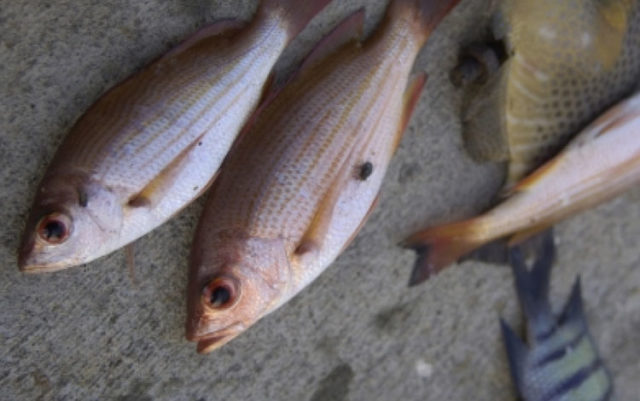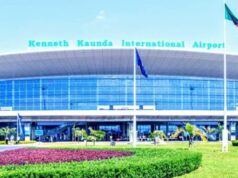
Nov 16-30, 2018
The Sustainable Blue economy conference, the first ever global conference on Ocean economy, held in Nairobi this week flagged some very pertinent issues. It examined concerns like the fragile blue ecosystem of the continent, and the various challenges caused by the indifference of the man or lack of realization of the benefits it can bring to economic growth at a macro level.
A definitional clarity of what constitutes blue economy is relevant. It covers all that go into the values derived from the coastal and marine environment. It brings into focus sectors like fishing and aquaculture, shipping, tourism, and other activities. Not many know that all these segments of the economy have a global asset base of US$ 24 trillion and each year, the output from these sectors is well over US$ 2.5 trillion, giving sustainable livelihood to millions of people. Water bodies such as the oceans, seas, rivers, lakes, marshes, and bays collectively hosts about 2.2 million plants species, diverse wildlife and other life-forms that represents over 50% of life on earth. Coastal tourism alone is one of the fastest-growing marine based economic activity worldwide, estimated at US$ 10 billion to coral reef nations alone.
Why should Africa mainstream the blue economy? The statistics is revealing. The total “ocean asset base” of the Western Indian Ocean region including Comoros, France, Kenya, Madagascar, Mauritius, Mozambique, Seychelles, Somalia, South Africa and Tanzania is at least US$ 333.8 billion. These are the resources from where the mankind derives food, medicines and livelihoods that drive socio-economic development globally. The clarion call given by the conference, which was attended by blue economy experts from Africa and beyond, is crystal clear : oceans, seas, lakes and even rivers, can accelerate mankind’s collective quest for sustainable economic growth. Also, scientific development of these assets, which is regenerative should occupy an important plank of Africa’s sustainable development matrix.
A country –wise analysis may be more appropriate. Kenya has a share of about US$ 2.4 billion of this Western Indian Ocean economy. The contribution of coastal tourism is about US$1.5 billion annually. Kenya lies in the lucrative tuna belt. It is estimated that Kenya has 150,000 – 300, 000 Metric tons of fish in her expansive 200, 000 nautical mile Exclusive Economic Zone (EEZ). Similar extrapolation of costal wealth can be done for other countries, which have coastal borders, rivers, lakes and other water bodies. The pertinent question is why the blue economy is relegated to the background in Africa. At a time, when scramble for oil wealth is at its peak in Africa with its subterranean uncertainties and environmental hazards, a focused attention on blue economy can provide a sound and sustainable asset base for African economies.





